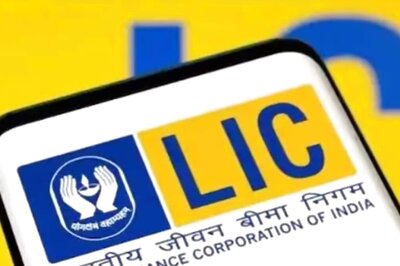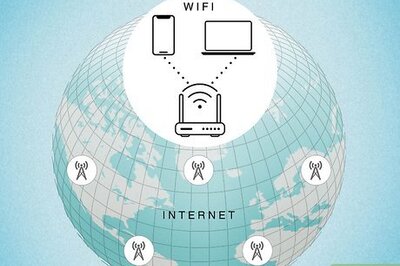
views
Google’s parent company Alphabet has reached an agreement to pay $700 million (Rs 5,822 crore) in an antitrust lawsuit case in the United States of America. This money will be given to the company’s customers, $630 million, and to the state governments, $70 million, in the US. Antitrust is a group of laws designed to ensure that there is healthy competition in the market. This group of laws also ensures that one large company does not suppress another company. Common people also benefit due to this healthy competition in the market. The antitrust case revolved around accusations that Google engaged in overcharging consumers. Google did this by imposing unlawful restrictions on app distribution on Android devices. It also implements unnecessary fees for in-app transactions. Google, however, did not admit to any wrongdoing as part of the settlement.
Google has also assured that it will take measures to allow for better competition for the game developers on the Play Store. It will give the applications the feature to allow the customers to pay them directly. It will also allow them to offer consumers alternative billing choices for in-app purchases alongside Play’s existing billing system. In 2021, several states of the US filed a case against Google. They said that Google is misusing its power to stop the timely delivery of the applications to people.
The attorney General alleged that Google was using unethical practices to prevent apps from being sold anywhere other than its Play Store. The payment system on Google’s Play Store collects a commission on the sale of these apps. The settlement in the case was done in September but was made public on September 18, Monday.
Tim Sweeney, the CEO of Epic Games, the maker of Fortnite, criticised this settlement. He called the settlement “an injustice to all Android users and developers”. It is because, according to him, this settlement will continue to allow for “scare screens”. This feature will dissuade the users from using any alternatives to Google Play. Epic Games told the National Company Law Appellate Tribunal that ‘scare screens’ frighten consumers into abandoning the download.




















Comments
0 comment